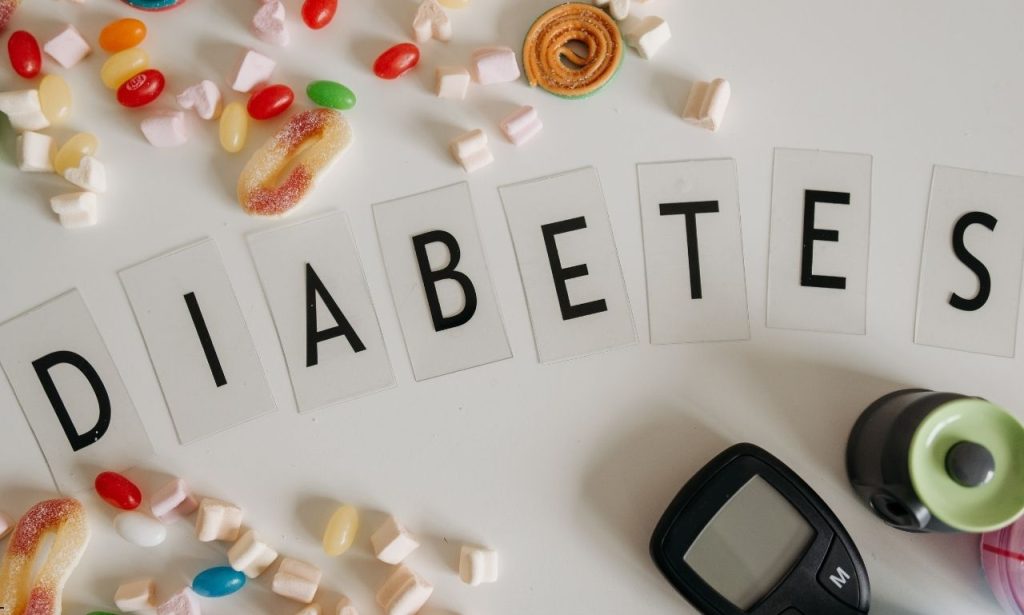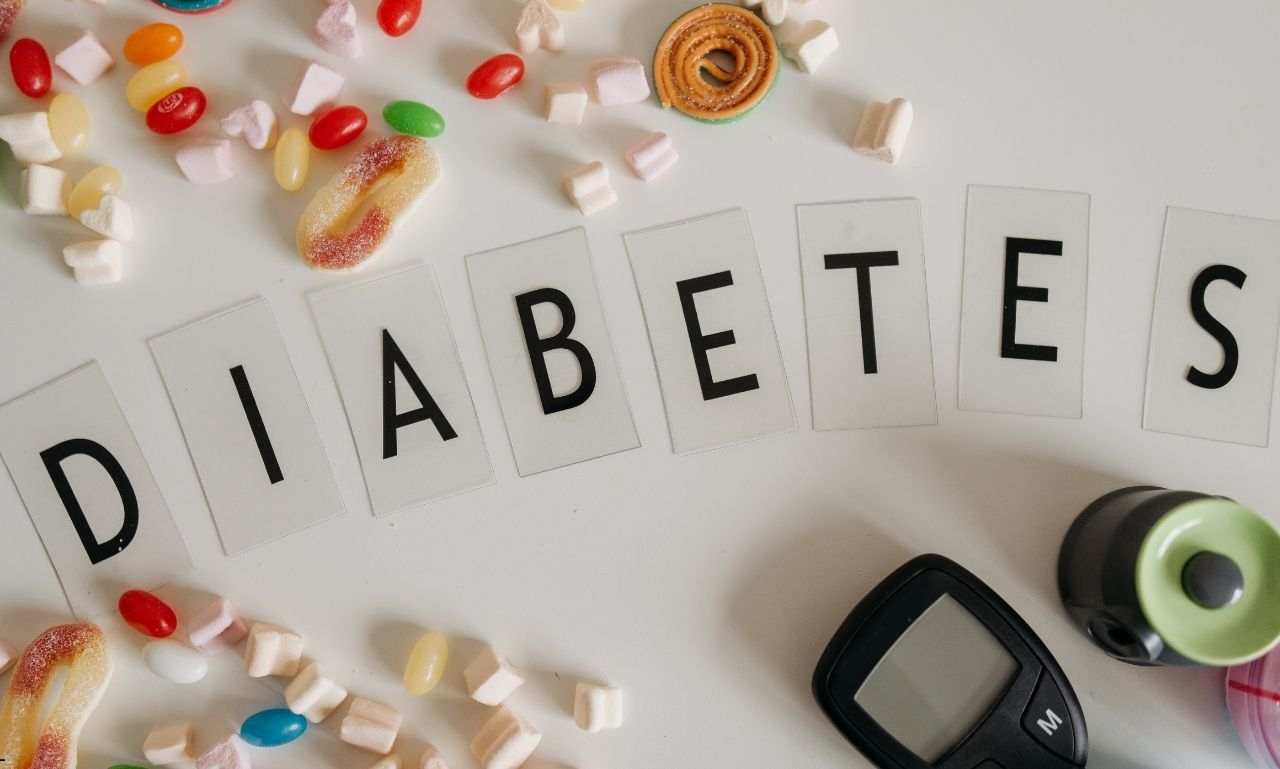Have you noticed bleeding gums or a dry, uncomfortable feeling in your mouth? These could be signs of something more serious than just skipping a brushing. Oral health isn’t just about keeping your teeth white. It reflects your overall well-being. When your body struggles to control blood sugar levels, your mouth often sends early warning signs. Gums, teeth, saliva, and even your tongue are affected by what’s happening inside your body.
So, how does diabetes affect your oral health? This article breaks it all down—clearly and simply.
Symptoms to Watch for

Before problems take over, your mouth gives hints.
Bleeding gums, dryness, loose teeth, and bad breath are common warning signs.
You may also notice slow healing, white patches, or a burning feeling on your tongue.
These symptoms might seem small at first. However, they can develop into major oral health problems if left unattended.
If you’re experiencing them, don’t wait—address them early.
Being proactive can help you avoid severe dental issues down the road.
Gingivitis
Let’s begin with gingivitis, the first stage of gum disease.
It happens when plaque builds up at the gumline and isn’t removed properly.
This plaque contains bacteria that irritate the gums and cause inflammation.
Symptoms include red, swollen gums that may bleed during brushing or flossing.
You might not feel pain, which makes it easy to ignore.
But gingivitis left untreated doesn’t stay mild—it progresses to more severe stages.
Fortunately, it’s reversible with proper oral hygiene.
Brushing twice a day, flossing daily, and using a mouth rinse can stop it in its tracks.
Routine cleanings from your dentist help too.
Periodontitis
If gingivitis is left untreated, it can develop into periodontitis.
This is a more advanced and destructive stage of gum disease.
It doesn’t just irritate the gums—it attacks the bone beneath your teeth.
You may notice deeper pockets forming between your teeth and gums.
These spaces collect food particles and bacteria, worsening the infection.
Eventually, your teeth may loosen or fall out completely.
People with Type 2 diabetes are at greater risk.
High blood glucose weakens your immune defenses, making it harder to fight infection.
To prevent tooth loss, manage your sugar levels and schedule regular dental cleanings.
Dry Mouth
Another silent sign of trouble is dry mouth, or xerostomia.
This occurs when your body produces less saliva than it should.
Saliva protects your teeth, neutralizes acids, and washes away harmful bacteria.
When your mouth is dry, you’re more likely to get cavities or fungal infections.
Certain medications, dehydration, and uncontrolled diabetes mellitus often cause this problem.
Symptoms may include difficulty chewing, cracked lips, or a sticky feeling in your mouth.
Drinking more water helps. So does chewing sugar-free gum or using over-the-counter saliva substitutes.
Your dentist may also suggest specific oral care products for managing dry mouth.
Infection
Your mouth naturally hosts many types of bacteria.
Some are helpful, but others can cause infection if they multiply unchecked.
This happens often in people with poor blood sugar control or weak immune responses.
A common infection is oral thrush, a yeast infection caused by Candida albicans.
It appears as painful white patches on the tongue, gums, or inner cheeks.
It’s more common in diabetic patients or those taking antibiotics.
Other infections include abscesses, swollen gums, and bad breath.
Treatments may involve antibacterial mouth rinses, antifungal medication, or dental procedures.
The key to prevention is proper hygiene and stable blood glucose levels.
Burning Mouth Syndrome
Burning Mouth Syndrome (BMS) feels exactly like it sounds—your mouth feels like it’s on fire.
There’s no visible injury, yet the pain can be constant and intense.
You may also feel numbness, tingling, or a bitter taste.
The cause isn’t always clear, but it’s more common in people with Type I or II diabetes.
Hormonal changes, nerve problems, or medication side effects may contribute.
Nutritional deficiencies can also play a role in this strange condition.
Treatment depends on the cause.
It may include prescription medications, saliva replacement therapy, or dietary changes.
While not dangerous, BMS greatly affects comfort, eating, and quality of life.
Slow Wound Healing
Do you have mouth sores that take forever to heal?
Slow healing is a common concern in people with uncontrolled blood sugar levels.
Cuts, ulcers, or dental surgery sites take longer to recover.
High glycosylated hemoglobin levels weaken your immune system.
This makes it harder for white blood cells to reach the wound and repair the tissue.
Even simple procedures like tooth cleanings may result in lingering soreness.
Always inform your dental health care provider of your medical history.
They may adjust treatments or medications to support healing.
Good nutrition, hydration, and glucose monitoring also help recovery.
Prevent Problems
Preventing oral issues isn’t complicated, but it takes consistency.
Start with the basics: brush your teeth twice a day using fluoride toothpaste.
Floss daily using interdental devices or a water flosser to clean between teeth.
Avoid tobacco use, sugary foods, and acidic drinks.
Rinse with an antibacterial mouthwash to kill harmful bacteria.
Schedule regular dental checkups to catch issues early.
If you have diabetes, work closely with your doctor and dentist.
Track your readings using a glucose meter and maintain a steady diet.
Consult a diabetes care and education specialist for personalized support.
Discuss medications, symptoms, and recent blood tests during your dental visits.
That way, your care team can create a plan that fits your health needs.
Human Story: A Cautionary Tale
A man in his 50s ignored early signs like bleeding gums and dry mouth.
He assumed it was stress or old age.
When he finally visited a dentist, he was diagnosed with periodontitis and needed multiple tooth extractions.
Tests later revealed he had Type 2 diabetes, which explained his symptoms.
If he had acted sooner, many of his teeth might have been saved.
Let this serve as a reminder: small symptoms often signal bigger problems.
Don’t wait. Take control of your oral health early.
Conclusion
So, how does it affect your oral health?
Conditions like diabetes, poor nutrition, and certain medications can quietly damage your mouth.
Dry mouth, infections, and gum disease aren’t just cosmetic issues—they’re signs of deeper imbalances.
Taking care of your mouth means taking care of your body.
With regular dental visits, consistent hygiene, and healthy habits, you can stay ahead of oral problems.
Your smile isn’t just for show—it’s a window into your health.
Make it a priority today. The cost of neglect is far higher than the price of prevention.
FAQs
It weakens your immune system, causing infections, gum disease, and slower healing in your mouth.
Red gums, bleeding while brushing, bad breath, and gum tenderness are key signs.
It reduces saliva, increasing the risk of cavities, bad breath, and bacterial infections.
Yes—early-stage gingivitis can be reversed with proper care.
Advanced periodontitis requires dental treatment.

Leave a Reply